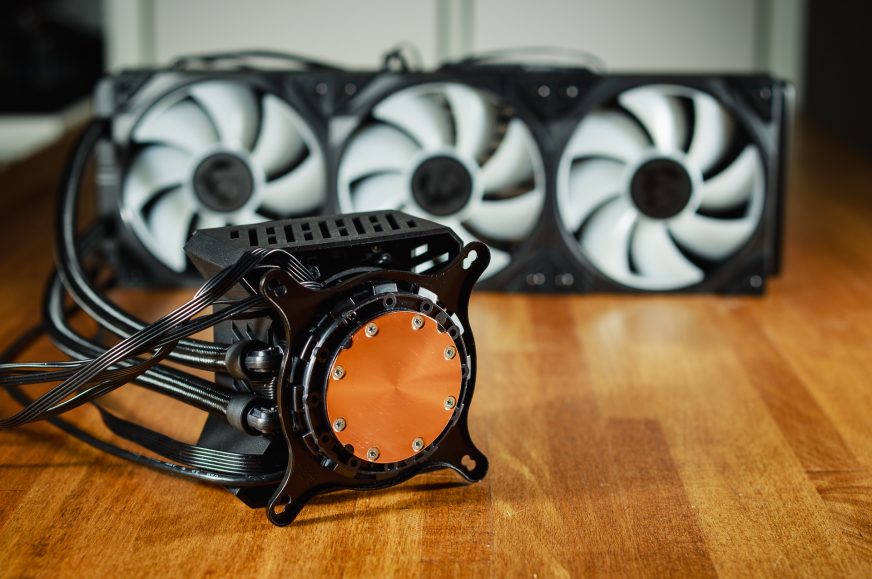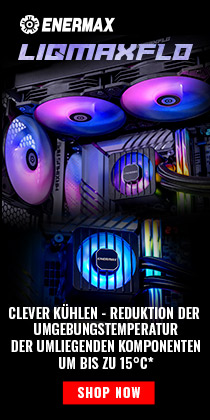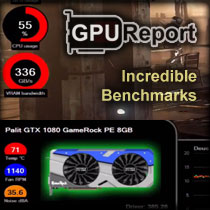Worsening financial results for AIO water cooler pioneer may lead to patent war escalation
A small drama seems to be brewing in the computer cooling world, liquid type to be precise. It has seen a boom thanks to closed-loop AIOs which are easy to maintain and install. Their popularisation can be largly attributed to Asetek, but exactly this company now appears to be in trouble. Its sales have dropped and the company has allegedly escalated patent disputes with other AIO producers, which might impact the whole market.
This September Asetek has issued a statement revising this year’s financial guidance, which is usually a negative signal when the correction is downwards. Asetek has originally expected that this year will seea 20 to 30% increase in revenue compared to the year 2020 and about $8-12 million in operating income (this is not the net income yet, that would be smaller and might be impacted by loan interest settlements and similar expenses).
By the end of September a corrected prognosis was published, such is usually given by companies, when the situation takes a considerably worse turn as expected at the point of the previous financial statement. Sales should still rise compared to last year, but only with a 10–20 % rate. And likely might even be at a loss, because operating income is only expected to reach about 0–2 million dollars.
The financials of Asetek has reportedly been impacted by the corona virus pandemic. Firstly Asetek has been impacted by the closure of manufacturing facilities in the Chinese district of Tongan, on whose services Asetek relays, or its component subcontractors might depend on. Secondly, the coronavirus and a lack of production capacity and parts are generally problematic for companies, increasing their costs (of components and transportation) and decreasing the sales. This comes together with the ongoing trade war between the US and China with its various embargos and tariffs, which has been creating issues for hardware companies for the last few years.
Second important factor is that Asetek has decided to withdraw from the HPC (water cooled servers and systems used in supercomputers and similar installations) market, where it had previously tried for a niche. This has not been successfull and Asetek will now only focus on water coolers for general data centre servers and on consumer-market coolers for gaming computers, in other words the market it has originated from. The abandoned attempt for an expansion into HPC now demands even more finances for transformation and similar expenses, so this exit is the second factor that the company states as the reason for the decrease in income and revenue.
Asetek will attempt to more heavily compete for the PC market. Even with the help of patents
This does not necessarily mean an endangerment for the company (otherwise the sales are still increasing), but the lower profits place it under a certain pressure. Asetek will likely have to compete for bigger sales in the PC sector more heavily. Being an OEM supplier it has to to gain more contracts for cooler production from a greater variety of AIO gaming cooler brands. Gaming equipment and cooler producers, who offer AIO water coolers or for example graphic cards with AIO coolers usually leave the production to a OEM supplier. This used to be Asetek, but many brands now use different producers. And this is where Asetek’s worsened financial situation might have a bigger impact on the wider overall market.
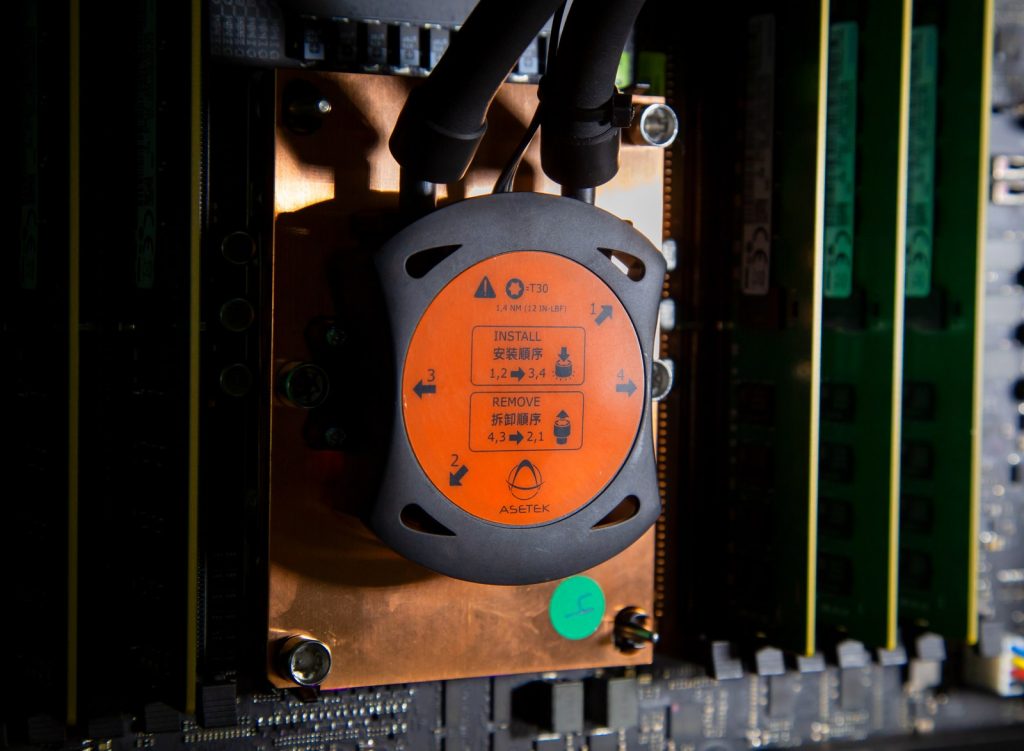
Asetek holds important patent or patents for the AIO water cooler essentials. According to multiple opinions this patent might be too general and will therefore be infringed by practically any imaginable AIO cooler. Asetek has already tried to enforce this patent against its competitors, who were producing their own AIO coolers competing with Asetek products, or having them produced by a company other than Asetek. The company has for example sued Cooler Master and demanded a ban on its imports into the USA.
And it looks like such lawsuits and attempts on either hampering the position of competing cooler producers, or to secure royalty fees from the mentioned patents from the distributors, might return, due to Asetek being in need of improving its financial situation. License revenue could be useful avenue to do so.
Web igor’sLAB (led by Igor Wallosek, a long-term editor for the German Tom’s Hardware) states that according to its sources and its communication with cooler producers Asetek has indeed escalated patent lawsuits and has issued various legal demands or pitches for arranging agreements. So the worsened financial results due to the influence of the coronavirus and the mentioned withdrawal from the HPC market have indeed led to a greater focus on attempts to enforce and monetize patents. Producers of AIO coolers sold in the US are the ones primarily targeted. Asetek is requesting them to withdraw the infringing products from the market, allegedly through the services of the Finnegan law office.
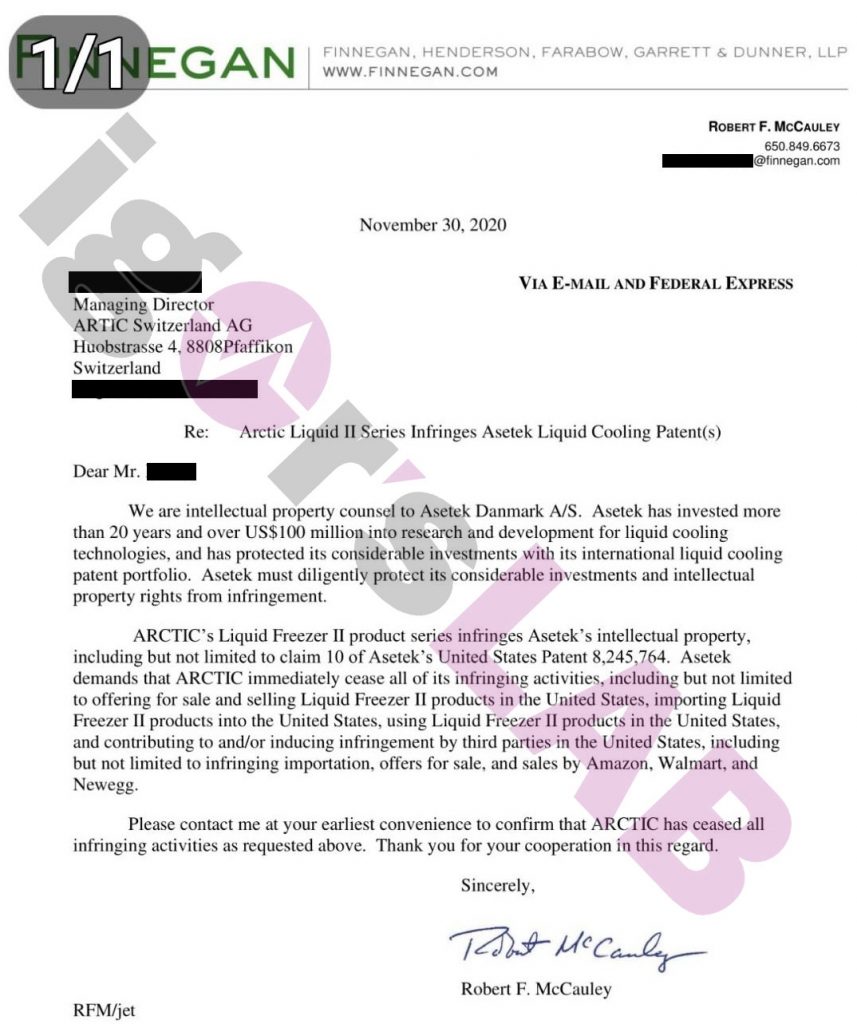
This letter, demanding a cease of sale, usage and import of AIO coolers, addressed to the Swiss company Arctic (its Liquid Frezer II cooler breaches American patent number 8 245 764 according to Asetek’s lawyers) has appeared on the web. According to igor’sLAB, Asetek uses a similar approach towards Aerocool, EKWB, Jonsbo, Lian Li and other companies. In some cases the companies try to settle on an agreement, in other cases it might come to a test of nerves and strength in the courtroom.
The concerned patent should expire in June of 2025, so there are about 4 years left for it to serve Asetek as an instrument against its competitors. In some case the companies could solve the situation by forsaking the previous OEM producer and arrange a contract for production of their AIO coolers with Asetek. It might be interesting to see whether Asetek products start to appearing under more brands that currently collaborate with Chinese partners.
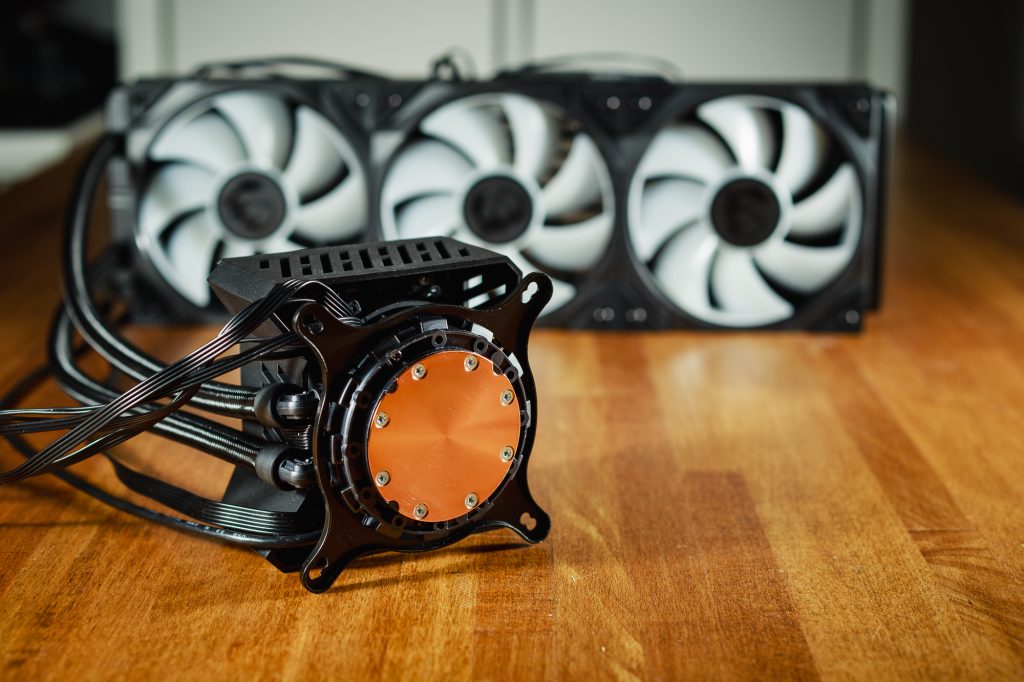
Should Asetek succeed in such disputes and get courts to ban the imports of the coolers, this should manifest mainly in the US, where those lawsuits are being filed, while European markets would be relatively unaffected. However in the case of license fees for Asetek patents, non-US markets would be impacted as well, since the price of AIO coolers would likely increase globally.
It is also possible that some producers could drop their AIO cooler series entirely, due to the patent inconveniences negatively shifting the expense-income ratio. This might worsen the selection and competition in regards to AIO coolers. The supply of coolers would naturally be equally shaken if the financial results of Asetek would further decrease leading to the company to eventually leave this field entirely.
Sources: igor’sLAB, Yahoo Finance
English translation and edit by Karol Démuth, original text by Jan Olšan, editor for Cnews.cz
⠀





